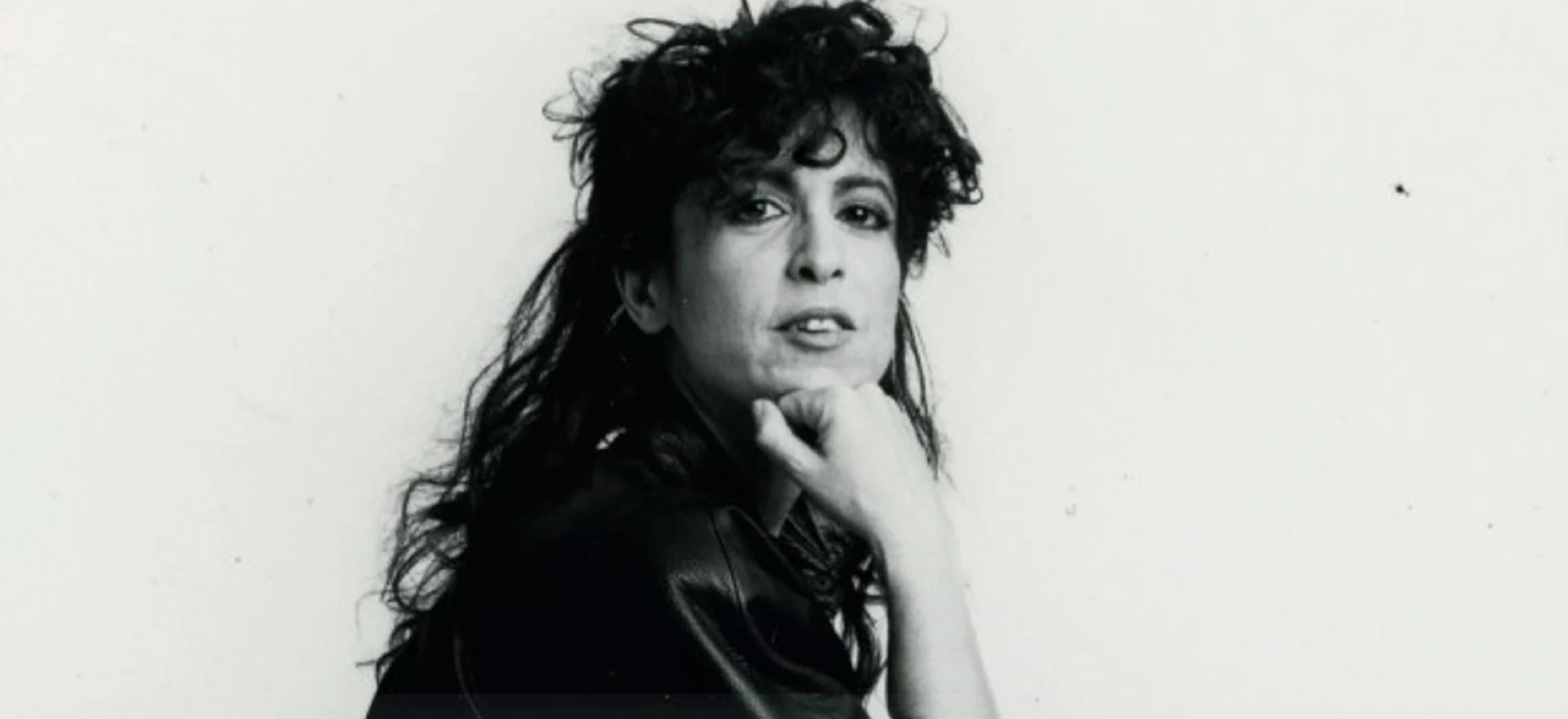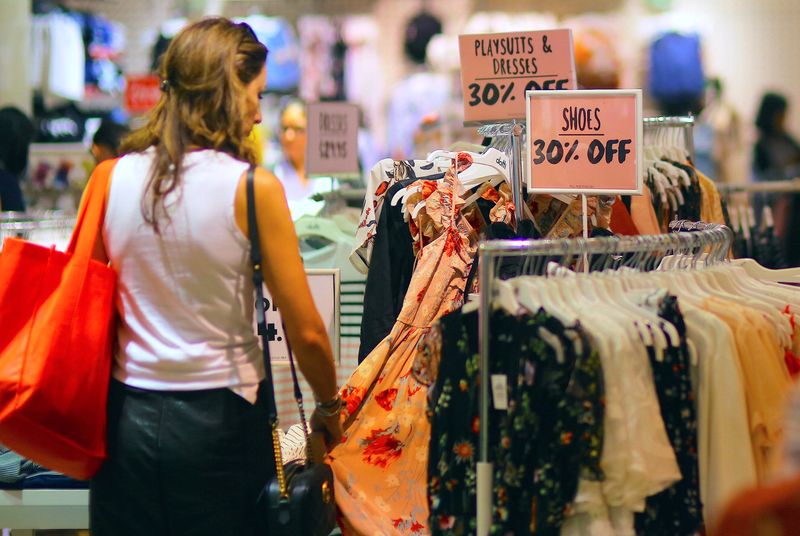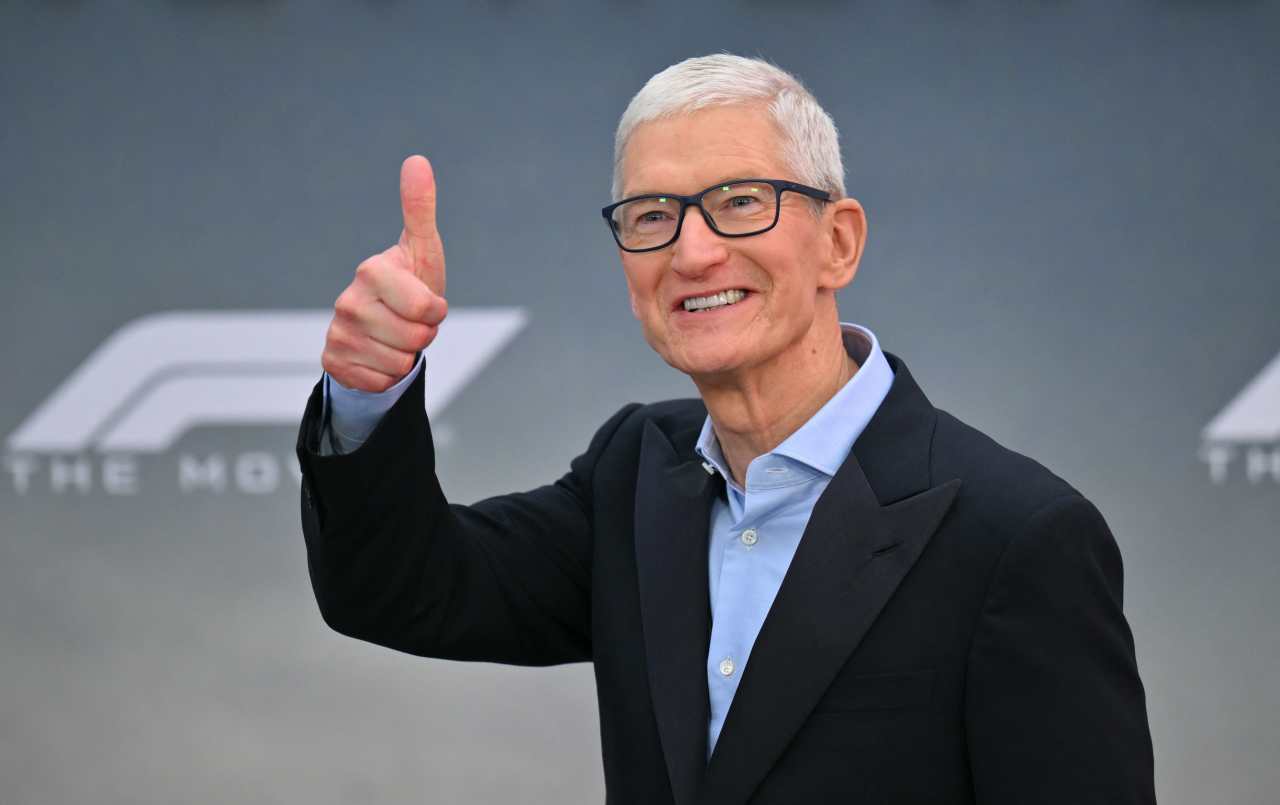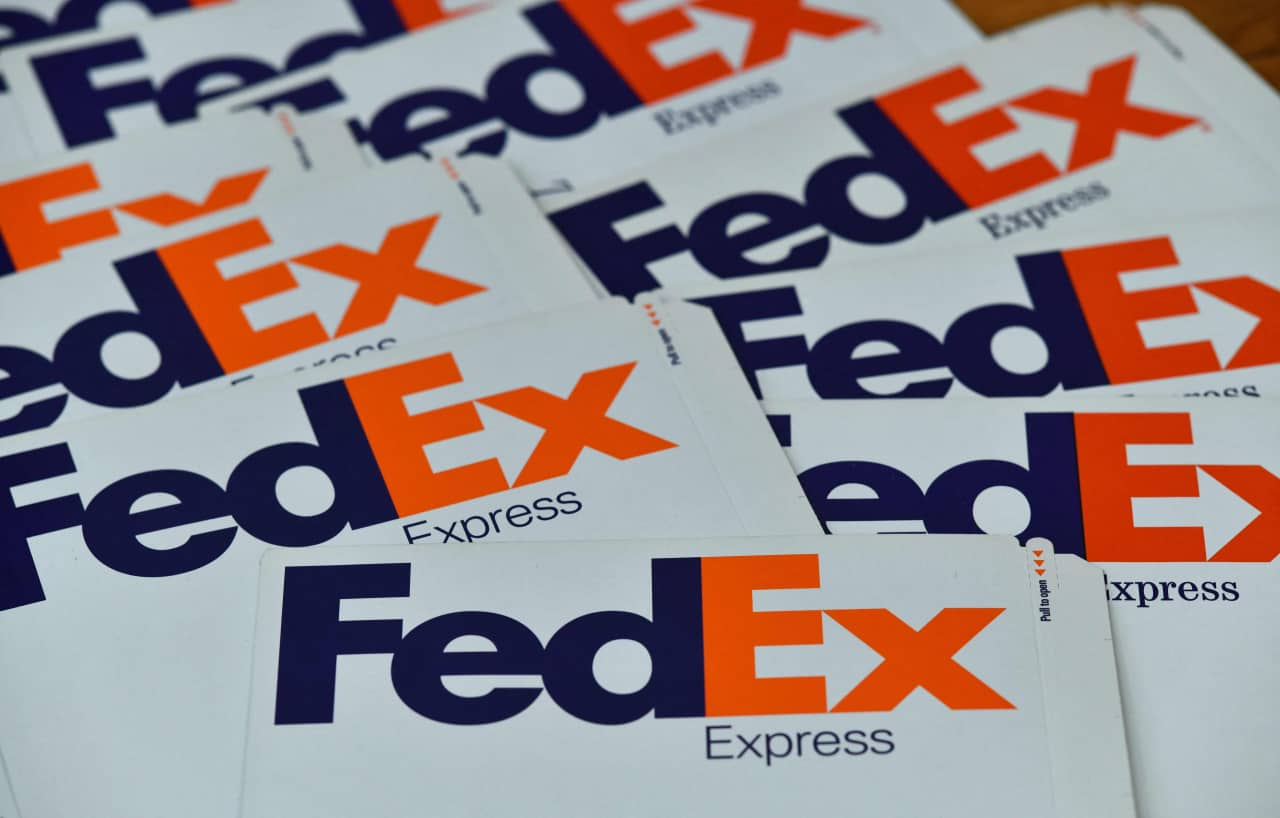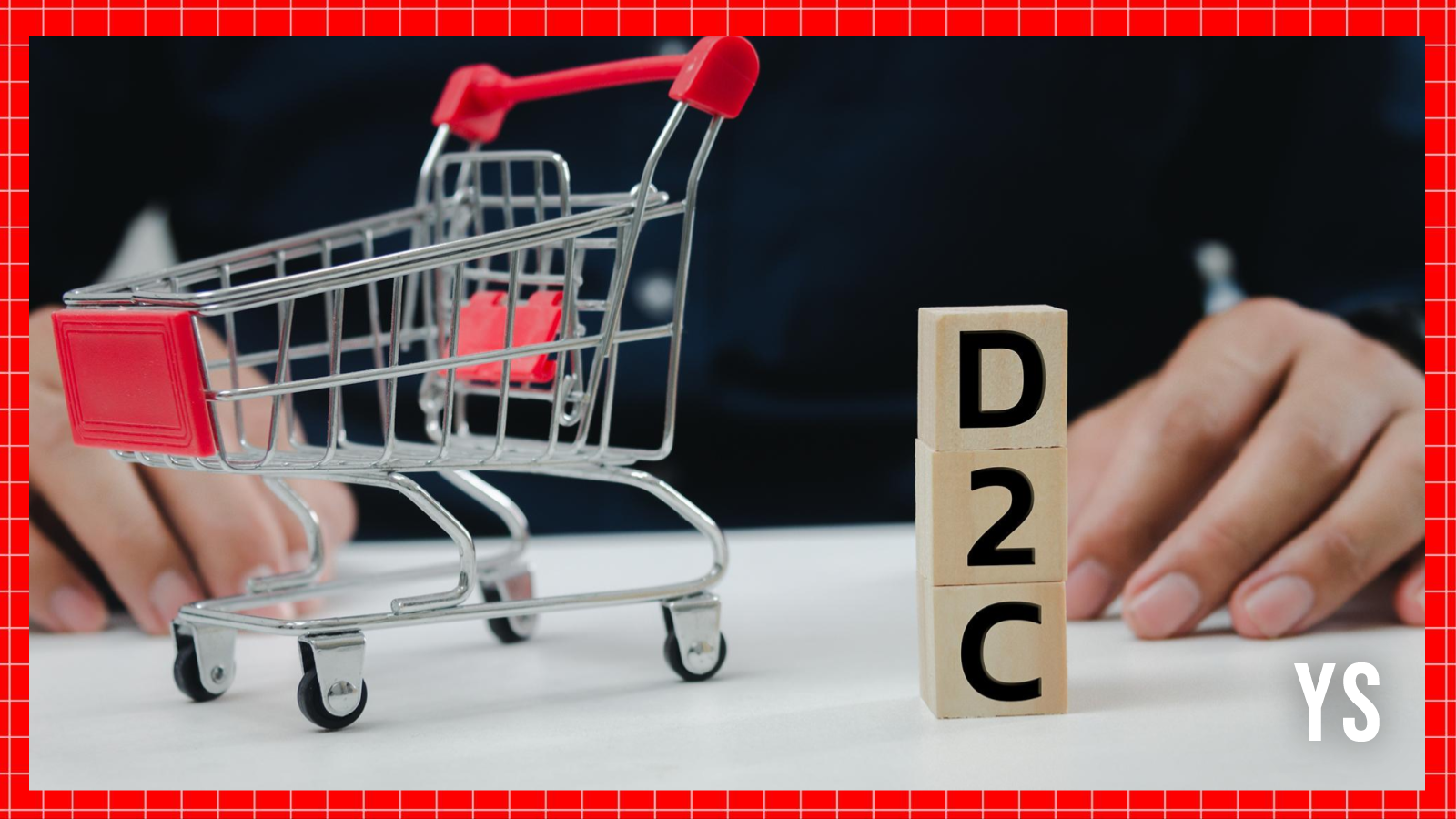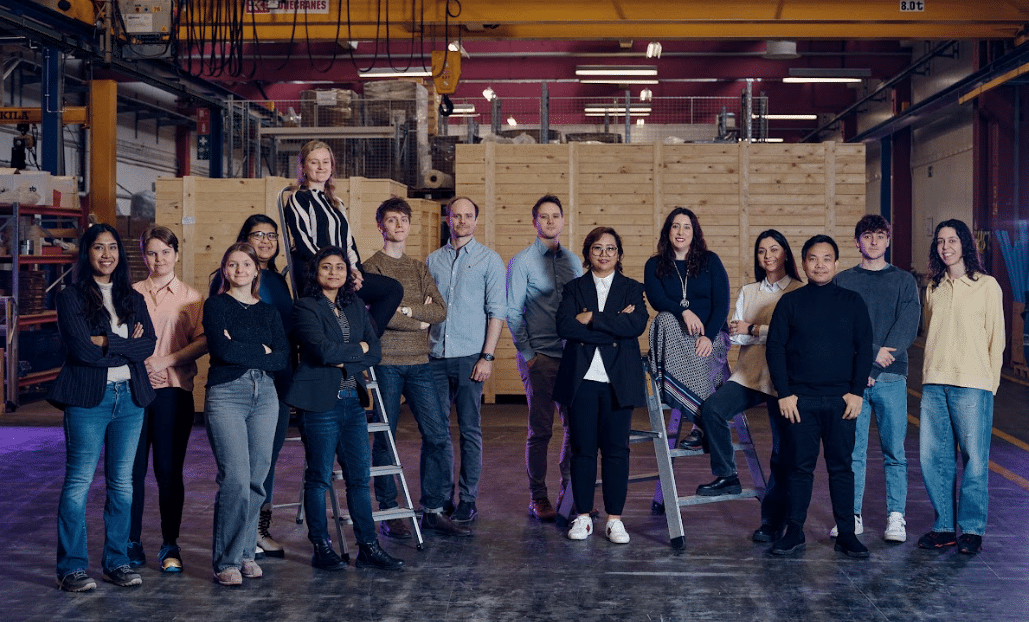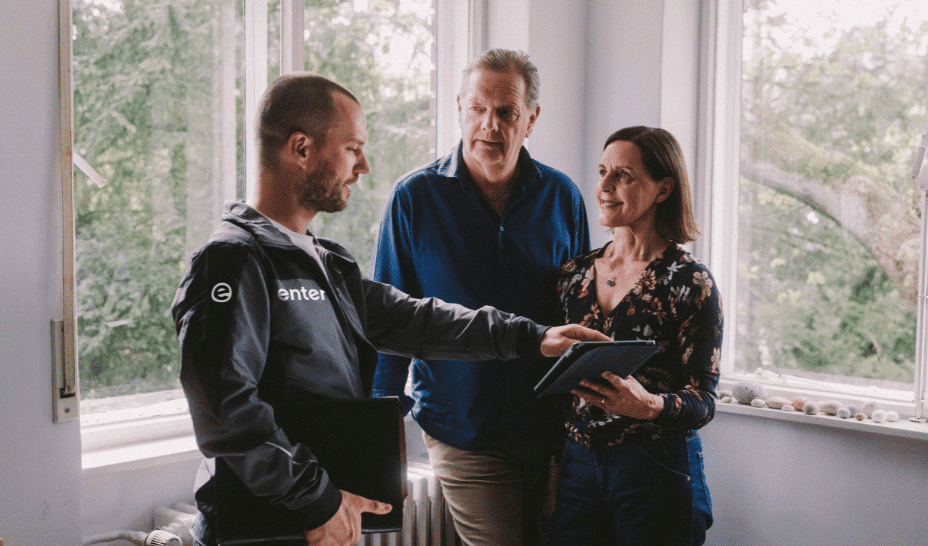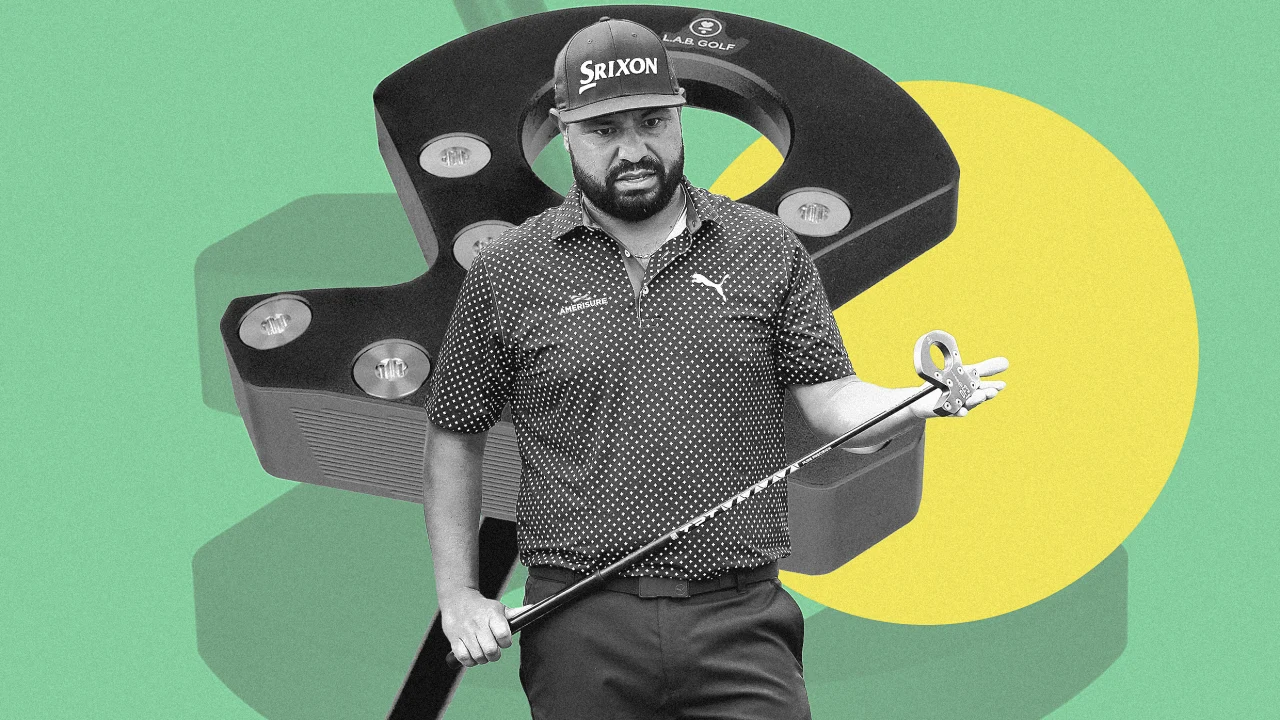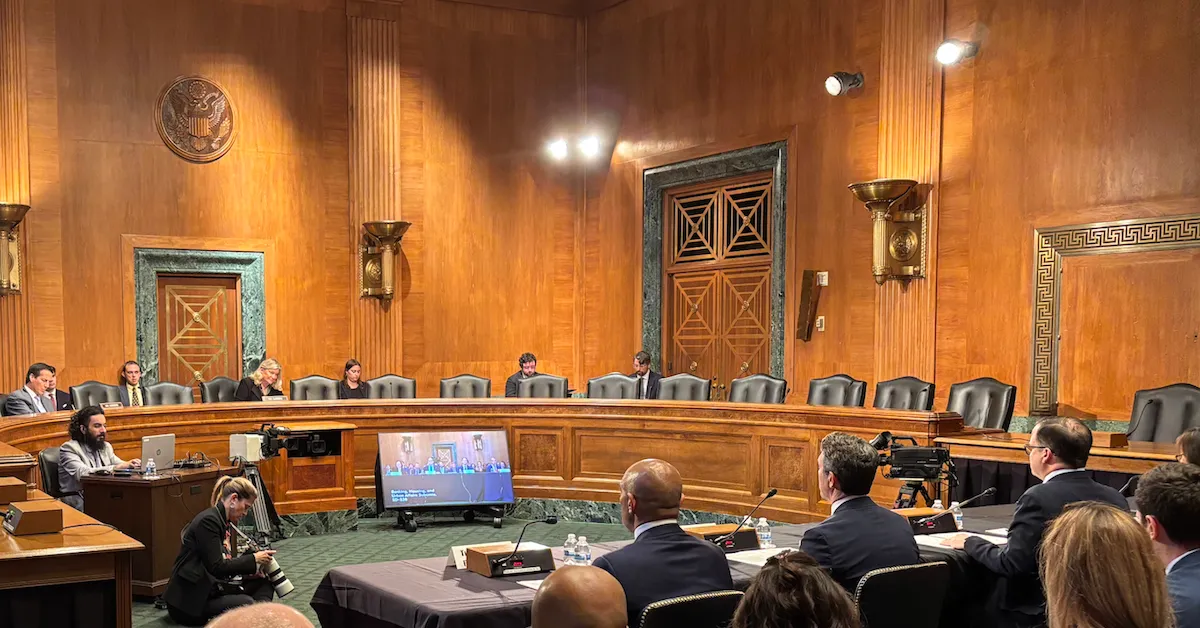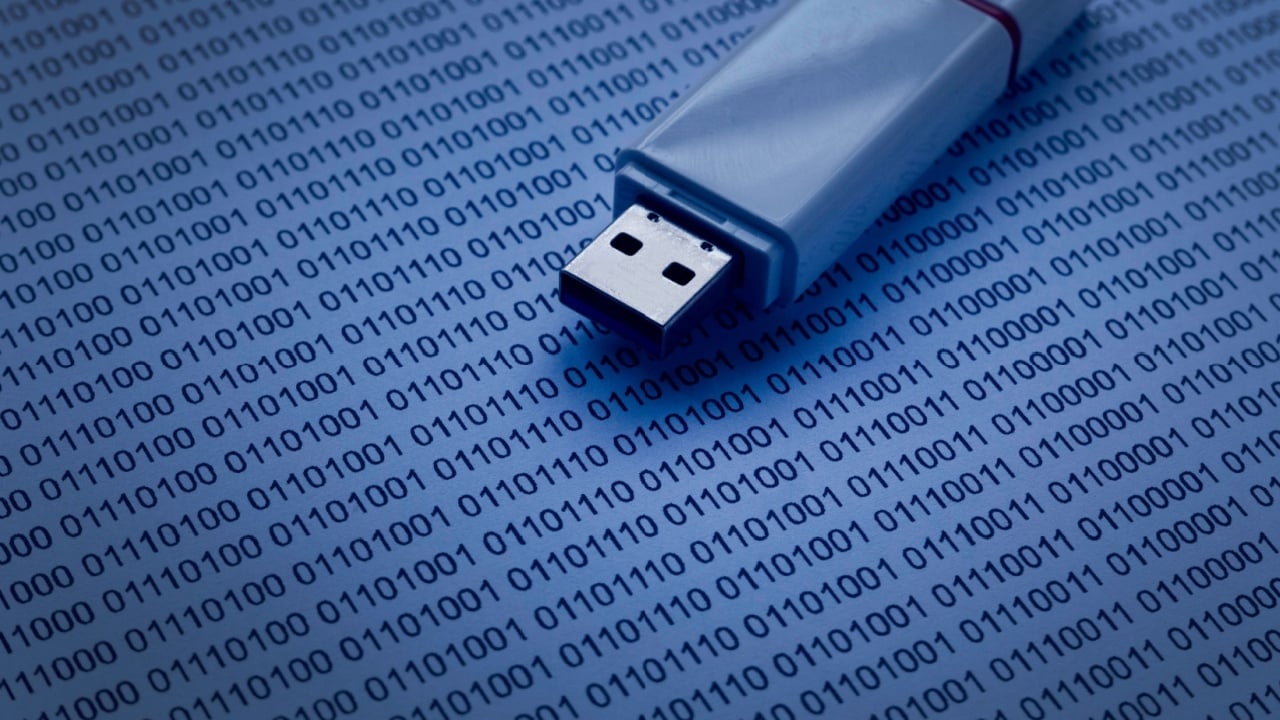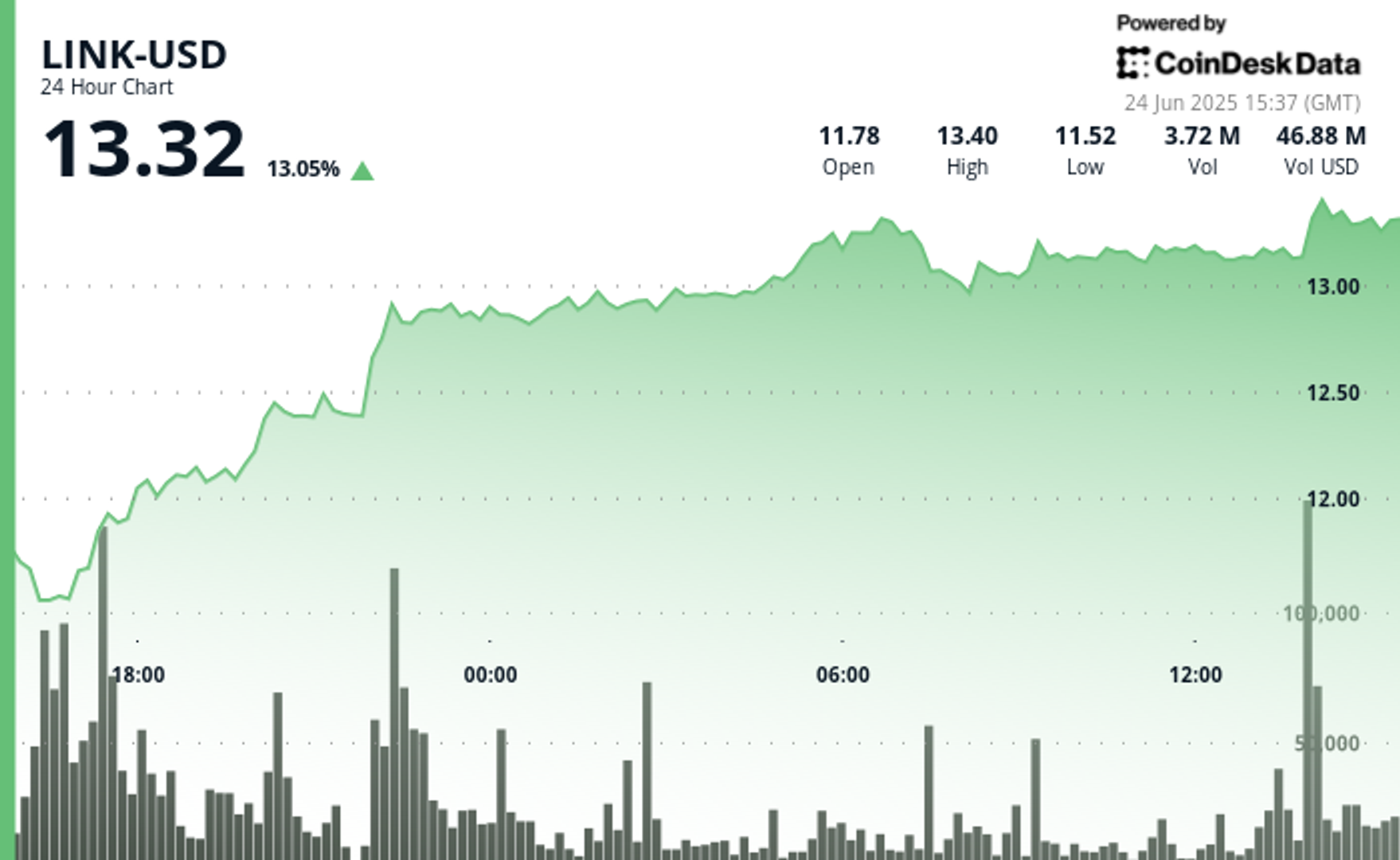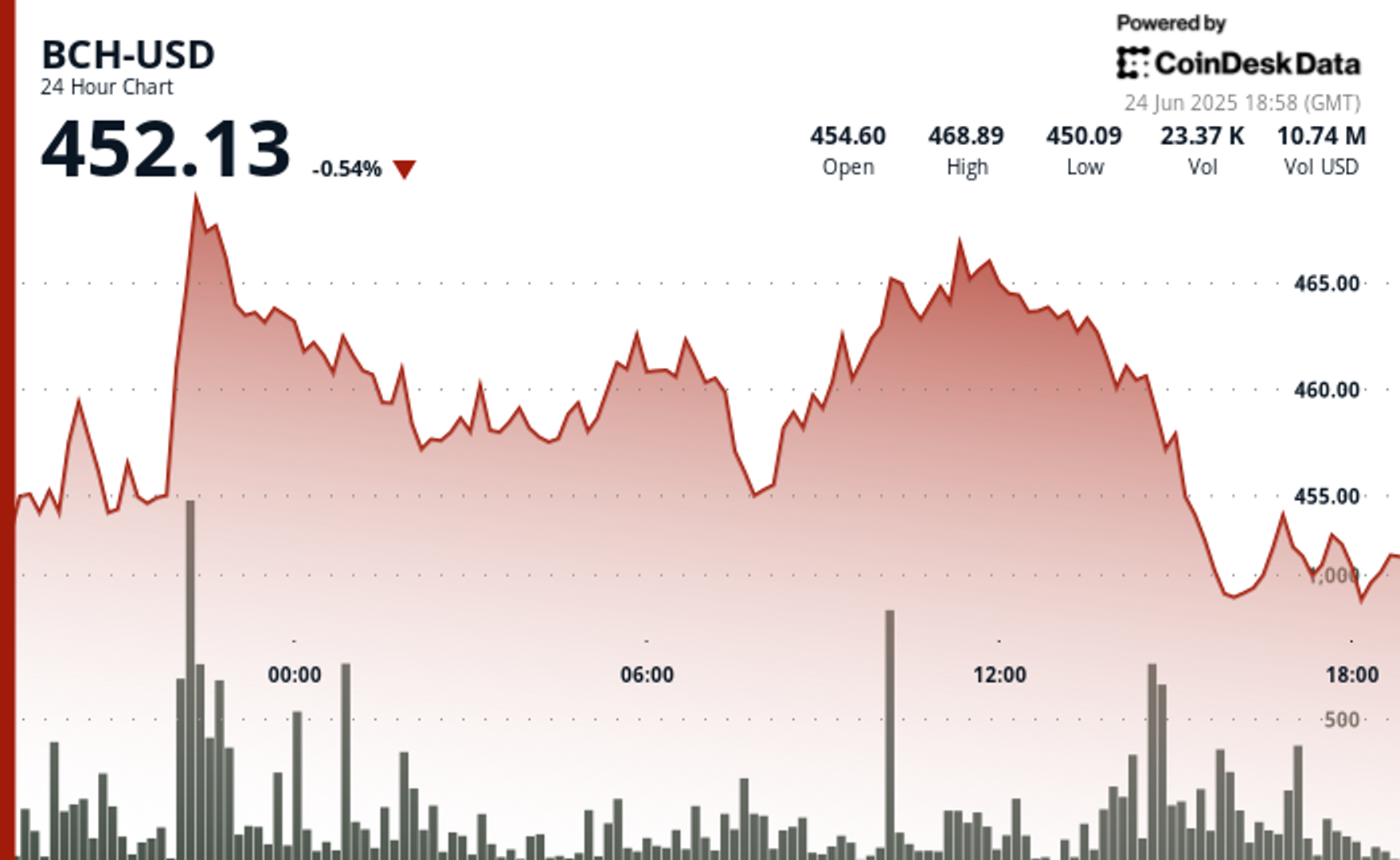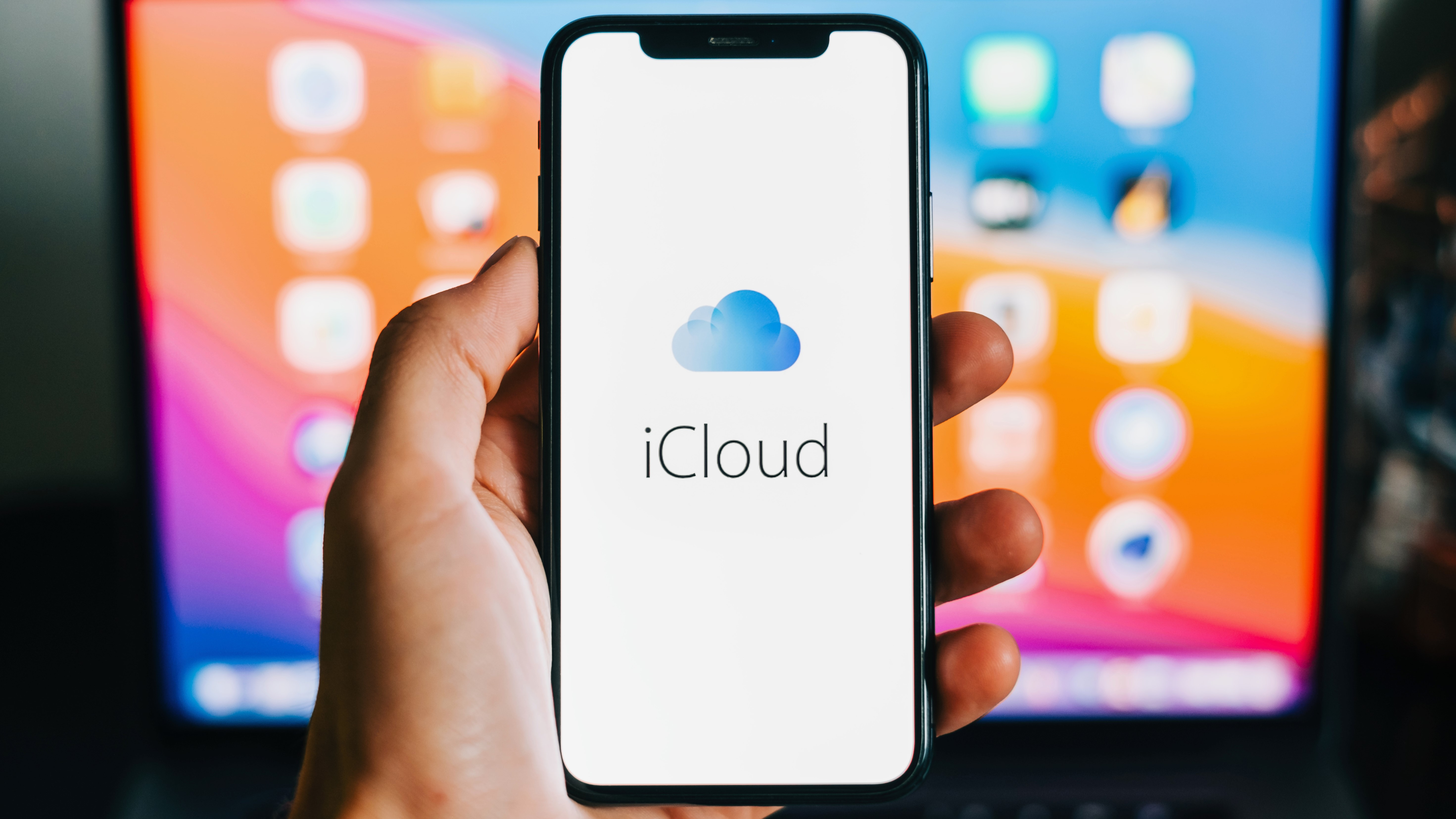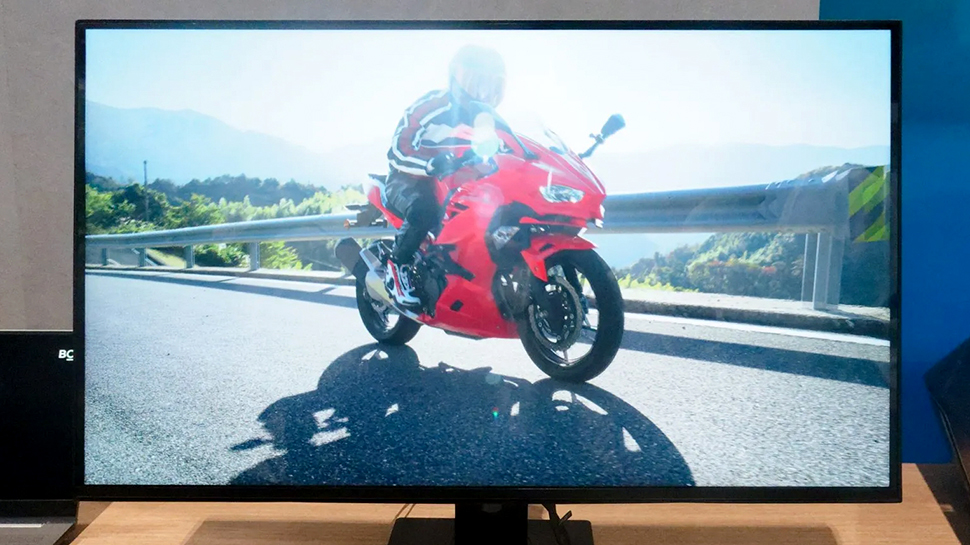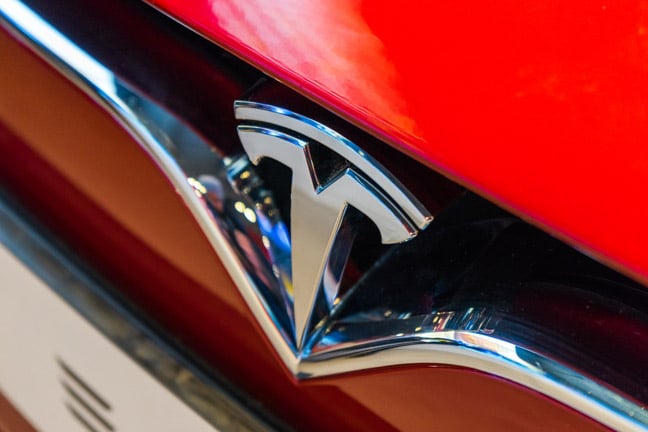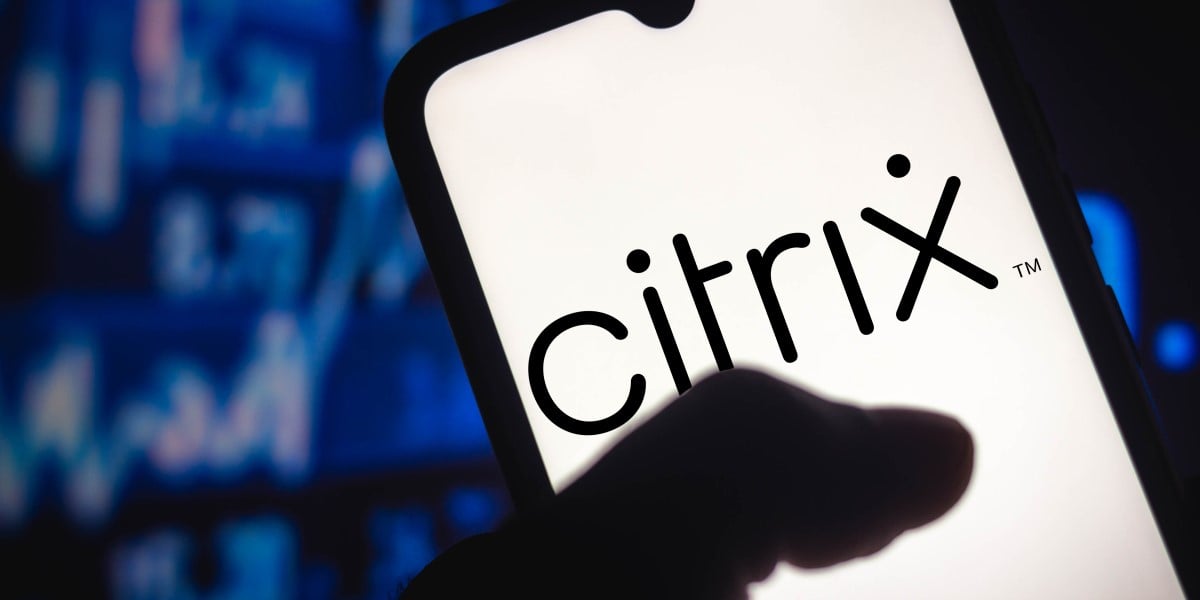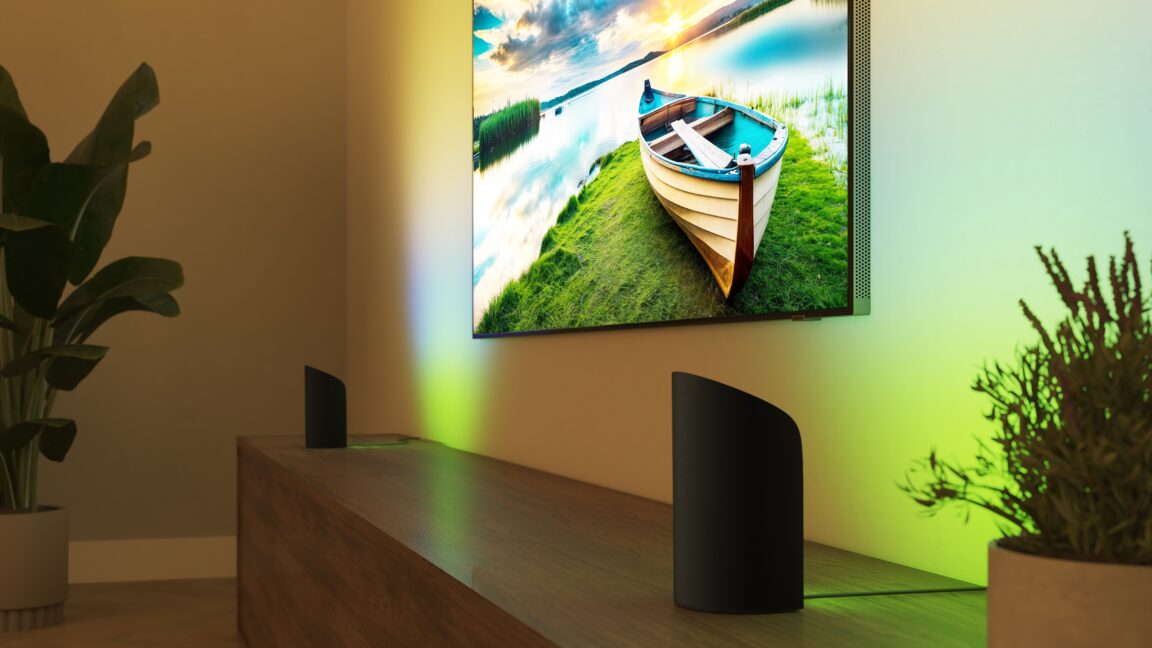Seattle council gives final OK to large digital kiosks, paving way for installation of devices on city streets
The Seattle City Council approved a permit ordinance Tuesday that paves the way for the installation of large digital wayfinding kiosks around the urban core and eventually in neighborhoods across the city. By a 6-2 vote, the council granted the Downtown Seattle Association (DSA) permission to install and operate the interactive media kiosks from IKE Smart City. The dual-sided, touchscreen kiosks — the first of which are expected to be in the ground within the next year — feature free Wi-Fi access and can relay information related to transportation, community events, safety, health, arts and entertainment, with advertising included. DSA… Read More


The Seattle City Council approved a permit ordinance Tuesday that paves the way for the installation of large digital wayfinding kiosks around the urban core and eventually in neighborhoods across the city.
By a 6-2 vote, the council granted the Downtown Seattle Association (DSA) permission to install and operate the interactive media kiosks from IKE Smart City.
The dual-sided, touchscreen kiosks — the first of which are expected to be in the ground within the next year — feature free Wi-Fi access and can relay information related to transportation, community events, safety, health, arts and entertainment, with advertising included.
DSA plans to bring 30 of the devices to Seattle’s Metropolitan Improvement District during Phase 1 of the project, in time for the FIFA World Cup and 750,000 visitors in 2026. Phase 2 would bring another 30 kiosks downtown and 20 more in Business Improvement Areas in the city, such as the SoDo, Ballard, University District and West Seattle neighborhoods.
Council President Sara Nelson, sponsor of CB 120992 and chair of the Governance, Accountability & Economic Development committee, called it a “win for Seattle.”
“These kiosks represent a near-term opportunity to enhance the pedestrian experience, improve public safety communications, and support downtown’s economic and cultural revitalization — in addition to multiple public benefits including free Wi-Fi and multilingual wayfinding,” Nelson said in a statement.
There is no cost to the City of Seattle for the installation or upkeep of the kiosks, which could generate, on average, $1.1 million per year via advertising revenue that would go to DSA. The organization says it would invest that money back into downtown. The city would also share in any additional revenue that exceeds an agreed-upon threshold.
Concerns about the devices were raised during the proposal’s move through the council. Some objected to the visual clutter of the kiosks in the city’s landscape, oversaturation of advertising, and light pollution. Others were worried about potential surveillance and privacy issues.

The kiosks are a product of Columbus, Ohio-based advertising company Orange Barrel Media. There are currently 23 U.S. cities where the IKE program has been implemented.
GeekWire got an up-close look at the devices during a demonstration of the devices at City Hall in May.
Each IKE (interactive kiosk experience) measures just over 8 feet tall and 3 feet wide, with a depth of about 1 foot. The screen size is 12 1/2 square feet and can be interacted with like any smart touchscreen, with users scrolling through city-specific apps and content, such as maps, nearby restaurant listings, the city’s Find It, Fix It app, and more. There is also a button on the side of each kiosk which allows for 911 calls.
The kiosks include a selfie camera that is part of a popular “Photo Booth” application, where users can interact and snap pictures to send to themselves. But IKE says photos are not stored on the kiosks or retained by the company and no video cameras are included for surveillance.
Seattle’s IT department previously reviewed the IKE proposal and said it complies with the city’s surveillance ordinance.
As for other privacy and data concerns, IKE says it does not collect or sell personally identifiable information or any other data, and the kiosks collect usage analytics data only. They record which applications are opened and for how long, and an anonymous tally is kept of user visits to each kiosk.
DSA President CEO Jon Scholes called the kiosks “a smart, zero-cost solution that benefits everyone who lives, works and visits downtown.” He said the devices will “help people navigate the city, discover local businesses and stay connected, all while generating revenue to support cleaning, beautification and events in downtown.”
The legislation will now to go Mayor Bruce Harrell — a supporter of the project — for signature.
“With these tools, residents and visitors will be able to better navigate our city, discover hidden gems, and stay up-to-date on events throughout the city — building a more connected, welcoming Seattle every single day,” Harrell said in a statement.





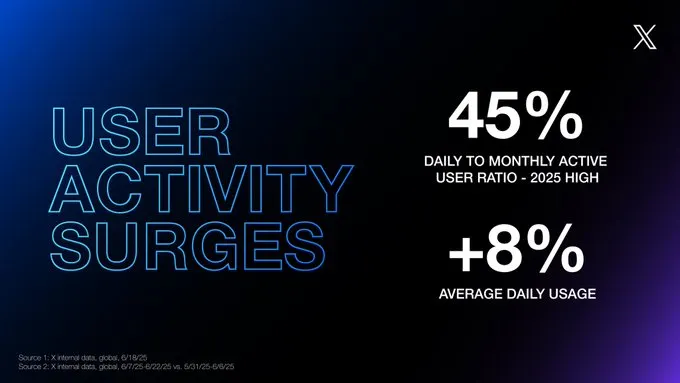
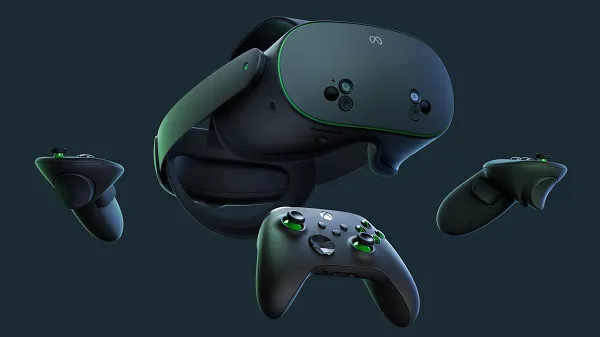
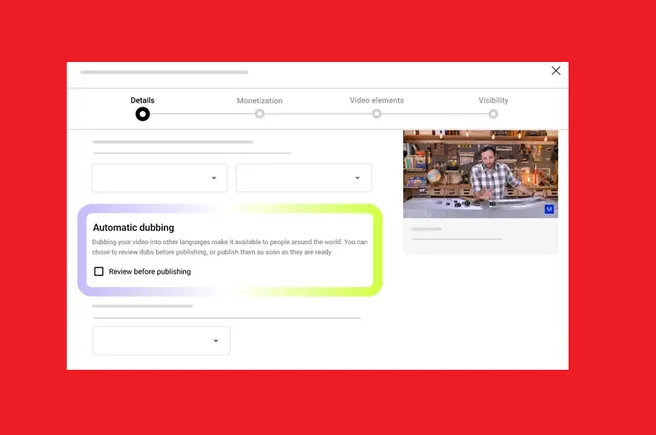
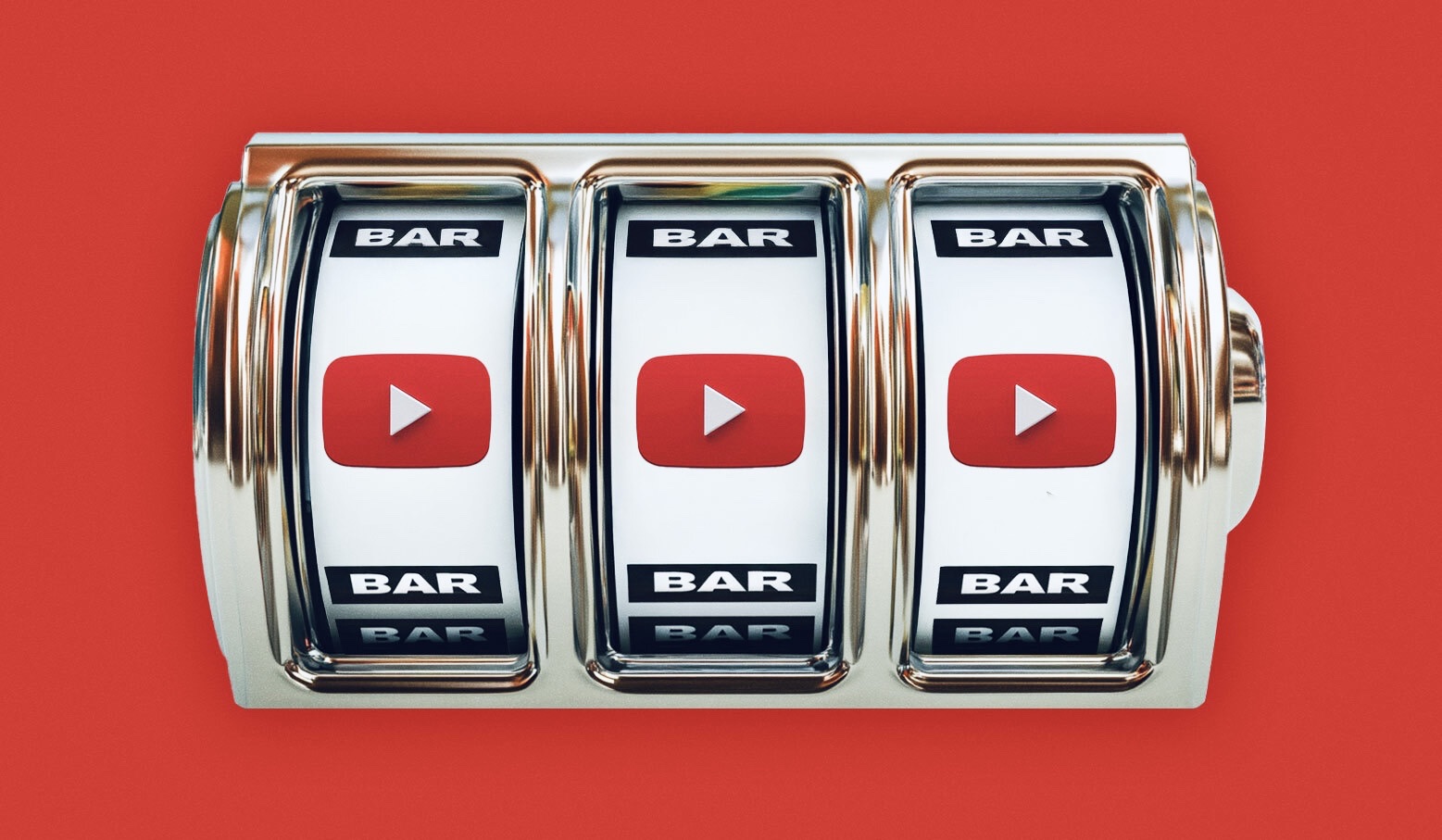
![How Google’s AI Mode Compares to Traditional Search and Other LLMs [AI Mode Study]](https://static.semrush.com/blog/uploads/media/86/bc/86bc4d96d5a34c3f6b460a21004c39e2/f673b8608d38f1e4be0316c4621f2df0/how-google-s-ai-mode-compares-to-traditional-search-and-other-llms-ai-mode-study-sm.png)






